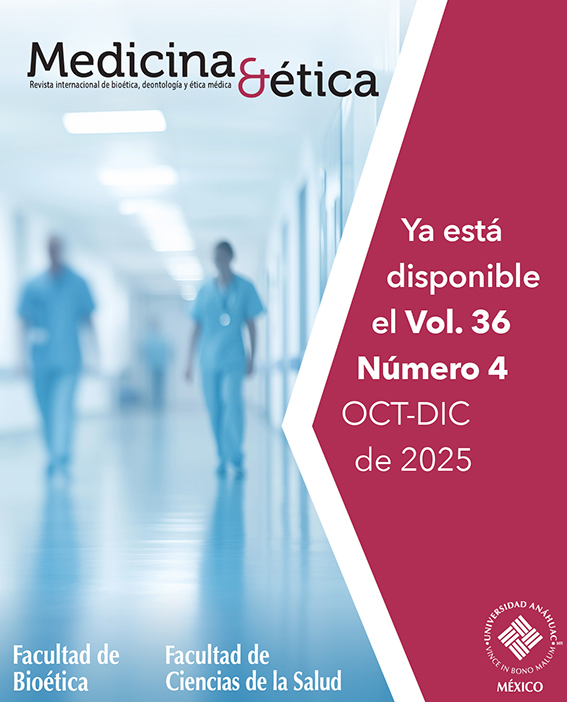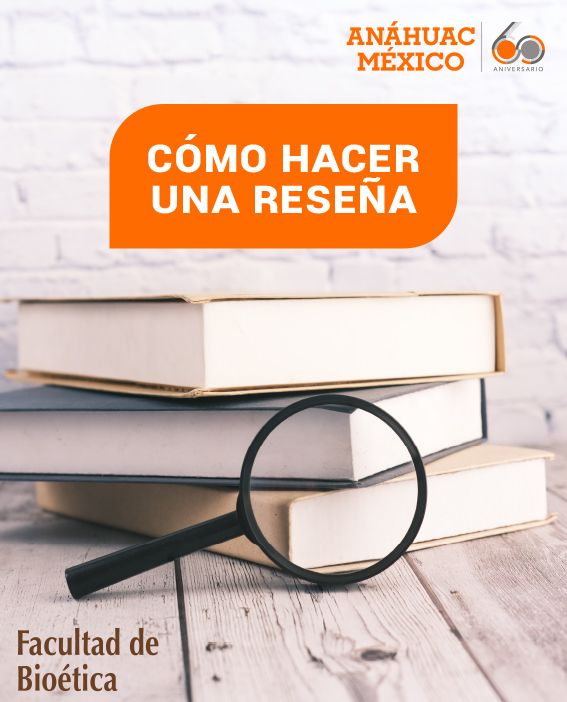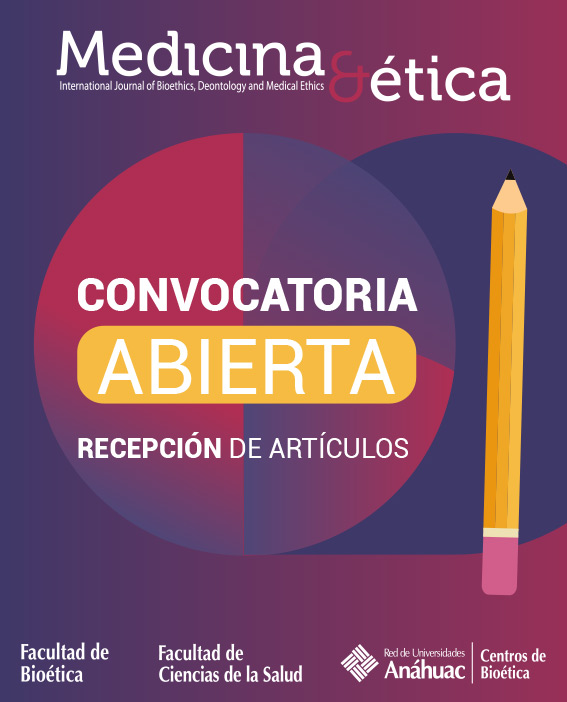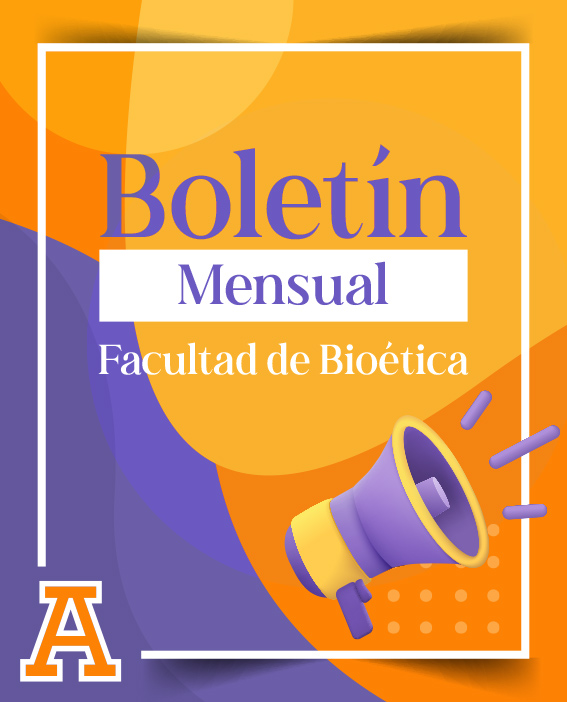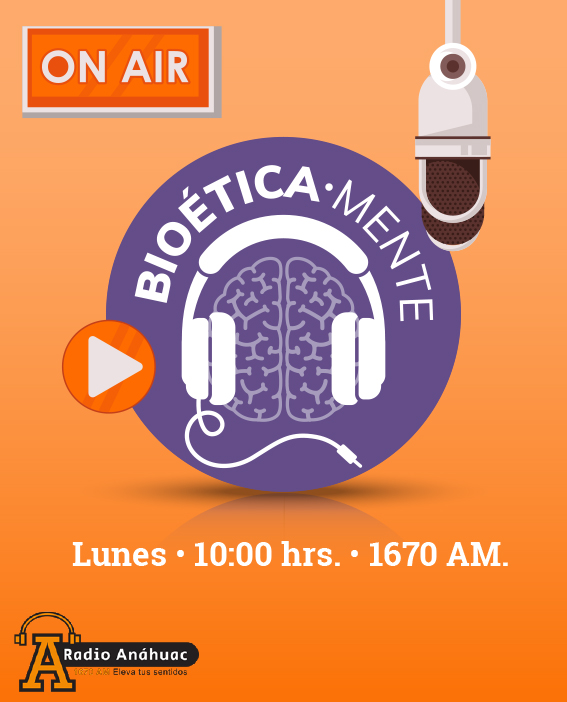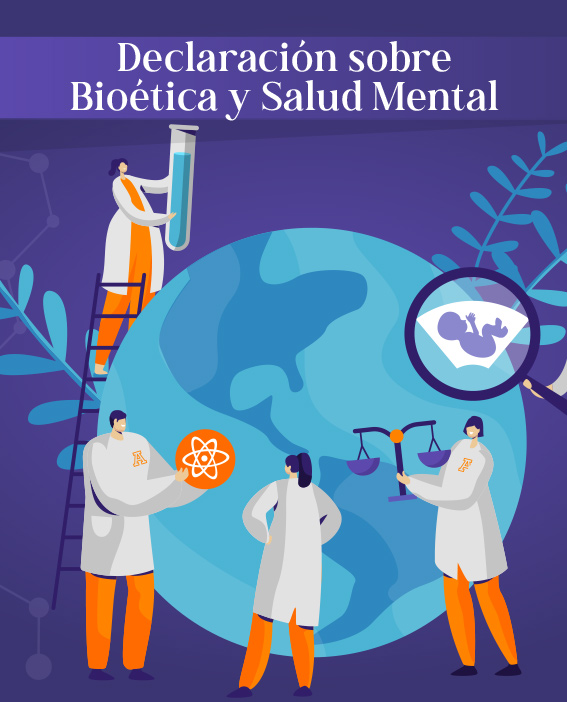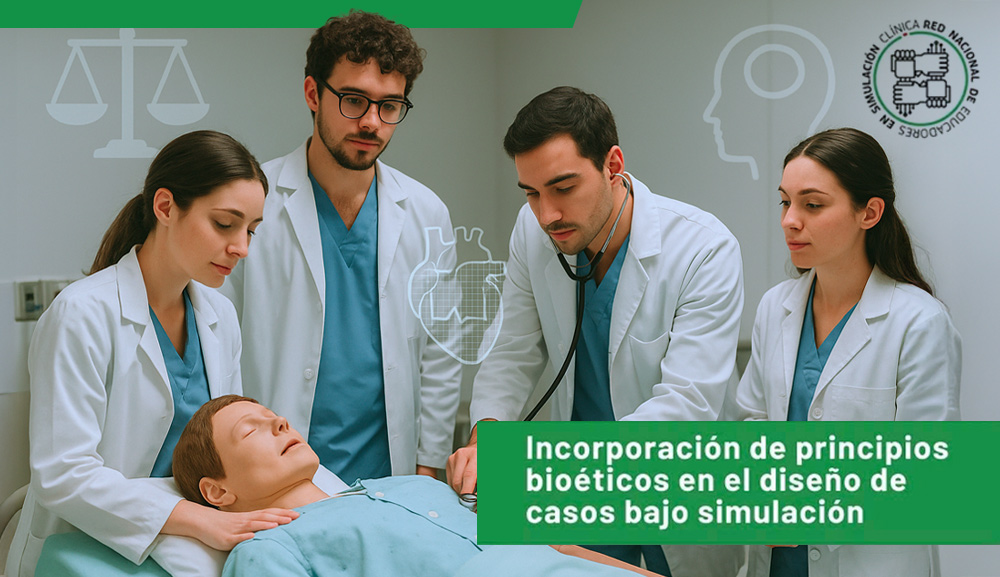
During a RENASIM webinar, Dr. María Elizabeth de los Ríos considered simulation scenarios as a bridge between medical technique and ethical reflection, contributing to the comprehensive training of future healthcare professionals.
On August 13, 2025, Dr. María Elizabeth de los Ríos Uriarte, a researcher at the School of Bioethics at Anáhuac University, Mexico, and a member of the Clinical Bioethics Committee, participated as a speaker in the webinar of the National Network of Clinical Simulation Educators (RENASIM).
The session, moderated by Daniela Mandujano Meneses, a specialist in medical and surgical emergencies, focused on the "Incorporation of bioethical principles in the design of cases under simulation" in which the importance of integrating bioethical analysis in educational scenarios that use clinical simulation as a pedagogical tool was highlighted.
In her presentation, Dr. de los Ríos emphasized that simulated scenarios represent a unique opportunity not only for the technical training of future healthcare professionals, but also for the development of ethical competencies. Through them, students can face dilemmas similar to those that occur in real practice, that is, decisions where what is technically possible is not always ethically acceptable, or where legal obligations do not coincide with what is morally correct. In this way, simulation cases are not limited to exercises in clinical skill, but become true spaces for deliberation.
The academic explained that clinical bioethics helps guide these decisions by placing the patient at the center of the discussion. Recalling classic authors such as Jonsen, Siegler, and Winslade, she noted that clinical bioethics involves an interdisciplinary analysis that takes into account not only the patient's medical condition but also the patient's values, beliefs, and context. Therefore, incorporating bioethical dilemmas into simulations means training students to deliberate and not simply execute protocols.
A key point of her presentation was the exposition of bioethical methodologies applicable to simulation. During her talk, she detailed how a priori approaches, which begin with universal principles (such as Beauchamp and Childress's principlism, Diego Gracia's deliberative ethics, or Pellegrino's virtue ethics), and a posteriori approaches, which begin with principles (such as Jonsen and Toulmin's casuistry or consequentialist theories), can be adapted to the design of simulated cases. This methodological flexibility allows scenarios to be a field of practice for both clinical technique and moral reflection.
Dr. de los Ríos emphasized that identifying bioethical dilemmas is a fundamental skill. Physicians are not always called upon to resolve them immediately, but they should recognize them and, when appropriate, refer them to a bioethics committee. In this sense, clinical simulation can train students to detect these dilemmas, understand the tensions that generate them, and learn to deliberate prudently.
She also emphasized that the concept of quality of life must transcend the mere prolongation of life. In many clinical settings, the goal will not be to cure, but it will always be possible to palliate, accompany, and relieve. This humanistic approach, incorporated in simulation cases, helps future physicians understand that comprehensive care includes both technical management and attention to the human dimension of suffering.
At the end of her presentation, she emphasized that clinical simulation should be conceived as a bridge between technique and ethics, since this is the only way to train healthcare professionals capable of responding with scientific excellence and moral sensitivity to the contemporary challenges of medical practice. Incorporating bioethical principles into simulated scenarios allows students to exercise judgment skills, recognize patient autonomy, practice informed consent, address justice dilemmas, and explore the role of the family in clinical decisions.
With its participation in the RENASIM webinar, the School of Bioethics at Anáhuac University of Mexico reaffirms its commitment to comprehensive medical education in which scientific training is articulated with ethical training, ensuring that future professionals are not only technically competent but also humanistic leaders capable of deliberating and making decisions for the benefit of the dignity of each person.
More information:
MPSS Estefanía Álvarez
Facultad de Bioética
bioética@anahuac.mx

